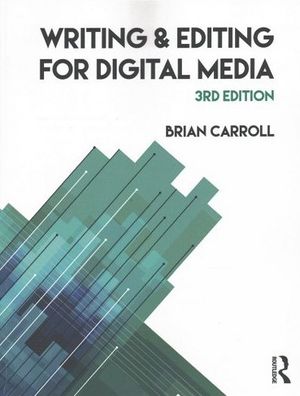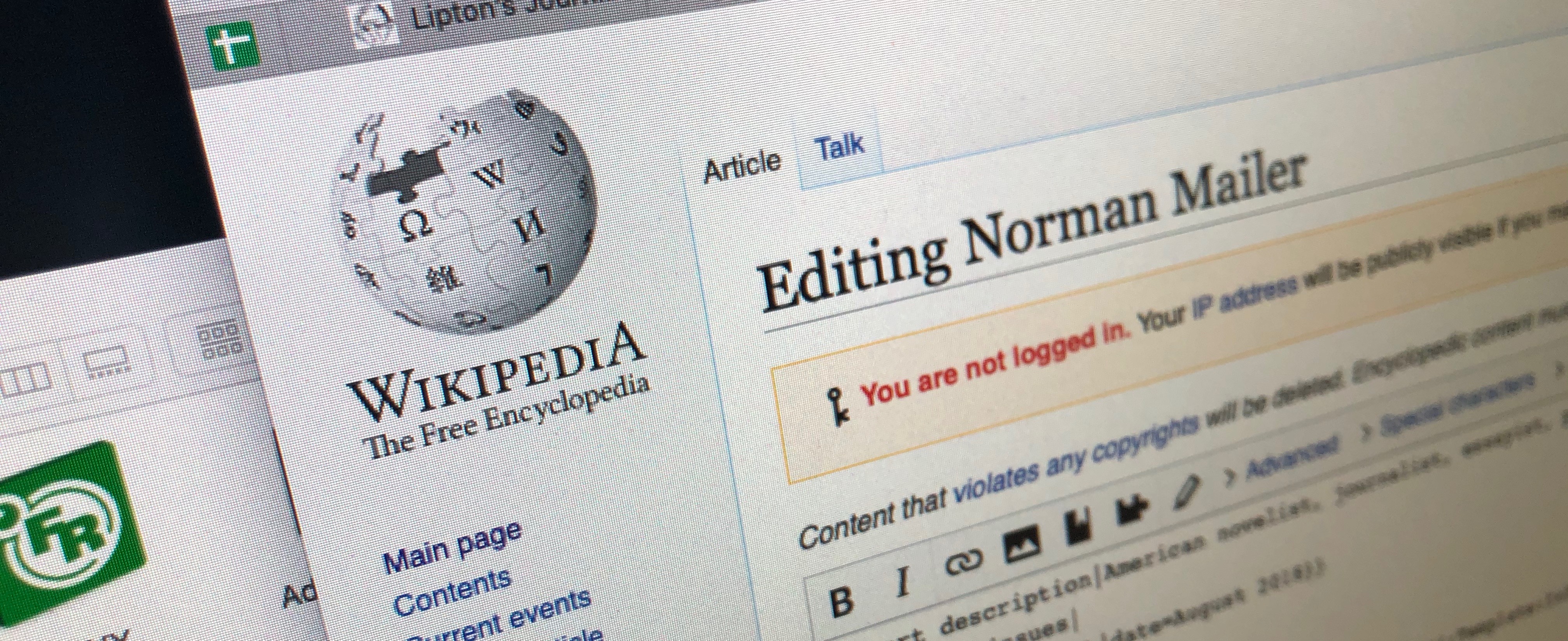Welcome to NMAC 3108: Writing for Digital Media, online.
A project-oriented course, this fall 2020 online section of WritDM focuses on collaborative editing in a wiki environment. You will engage your fellow students and two professional wiki communities, Wikipedia and Project Mailer, with two group-based writing projects.
Digital media differs from that of print in several key ways, and because of these differences, to use digital media successfully, writers must develop specific skills for its mastery. A project-oriented course, NMAC 3108 introduces students to these skills, encourages them to practice an online professionalism, provides multiple opportunities to develop digital literacies, and teaches them to become fluent practitioners of new media. As this section of WritDM is taught fully online, please be sure you are aware of the implications before attempting it.
This course does not use D2L/Brightspace. Everything you need is posted on this site or linked from it. You will sign up for your needed accounts during the first lesson. . |
Introduction
The document you’re reading is your syllabus. Everything you need for this class is on this page and linked off of it. The tabs above access the major portions of the syllabus. Bookmark this page now and return here if you get lost or confused.[1] Use the tabs above to navigate to the various sections of the syllabus.[2]
Before you begin, take a moment and familiarize yourself with the general resources I have for students. All of these may be found in the “For Students” menu at the top of the page, or you can just begin on the student start page. These pages are designed to help you succeed in this class. While you may not read everything, you should know what’s available if you need it.
Please read this document and those it links to carefully at the beginning of the semester. There is much information to process, and it can be somewhat daunting — especially if you read cursorily. If you are confused, do your best to work through it by (re)reading this document carefully and completely, searching this site, or consulting the FAQ. I promise, there is an answer to your question. If all else fails, you may contact me. Trust yourself to follow directions and find the answers. Be careful and deliberate.
Fully Online
This online course will probably be unlike any college course you have ever taken. It is designed to let you — the students — discover and create your own knowledge. If you’ve not taken an online course before, you will essentially be teaching yourself with my guidance. I’m assuming, since you’re taking this class online, that you are comfortable with working by yourself, are confident in your ability to take risks and try new approaches, are fine with making some mistakes, do not need the constant reassurance of an authority figure, and have a basic Internet literacy. Please enter with an open mind.
If you are uncomfortable making decisions, researching your own answers, working consistently on your own, making mistakes, teaching yourself, or get frustrated easily, you may be more comfortable in a traditional, face-to-face section of this course. |
Materials

Required Texts
- Carroll, Brian (2017). Writing and Editing for Digital Media (3rd ed.). New York: Routledge. ISBN 978-1138636033.
Recommended Texts
- Barr, Chris (2010). The Yahoo! Style Guide: The Ultimate Sourcebook for Writing, Editing, and Creating Content for the Digital World. New York: St. Martin's Griffin. ISBN 978-0312569846.
- Lynch, Patrick J.; Horton, Sarah (2008). "The Web Style Guide" (3rd ed.). Retrieved 2019-04-15.
Your course book(s) and readings are an important part of the class and should be purchased (or downloaded) immediately. Lessons are built from specific readings and assignments will depend on those readings. If available, you may use an ebook, but be warned that page numbers referred to in lessons may not be the same in an electronic text. Book rentals are also acceptable, if necessary.
Even though this is an online course, I recommend old-fashioned, analog note taking. In other words: use an ink interface of some sort, as well as dead trees to take notes. Notes should not only reflect essential aspects of the readings, but individual interest in every topic researched for class.
notes
- ↑ While you may certainly choose to print it—we will do our best to follow the schedule hereon—it may change during the course of the semester due to unforeseen circumstances. Should this occur, I will let you know, but ultimately, this online document has the final say—not a printed one.
- ↑ You might, too, follow links by opening them in browser tabs—click the link by holding the ⌘ Command on a Mac or Ctrl on a PC—so you can easily return to where you left off.
| 🕒 08-6-2020 | 📆 Make an Appointment | 💬 Ask a Question | 📣 Leave Feedback |

